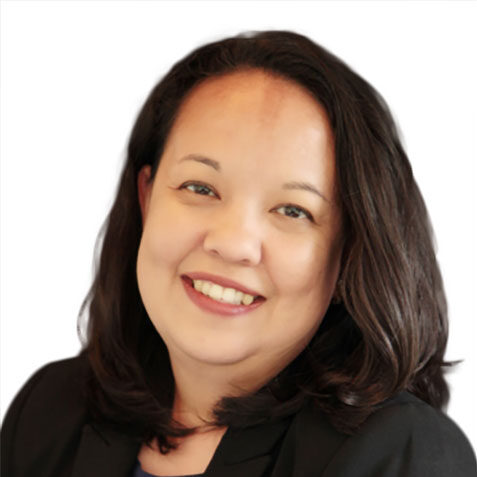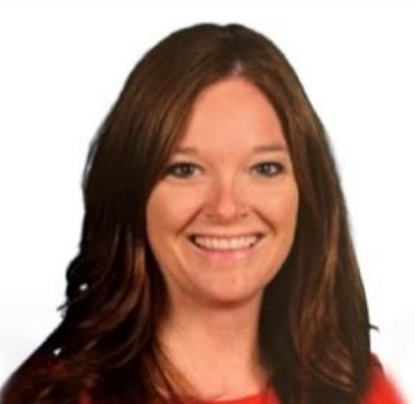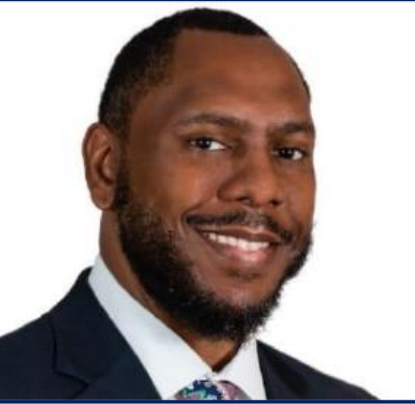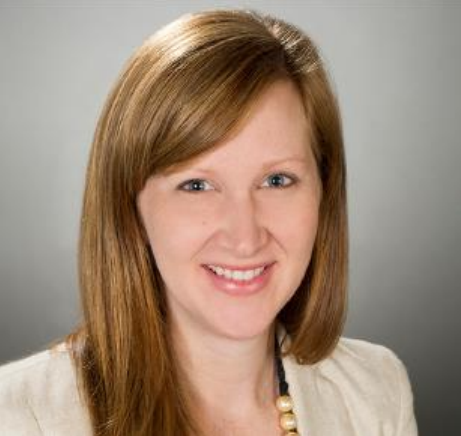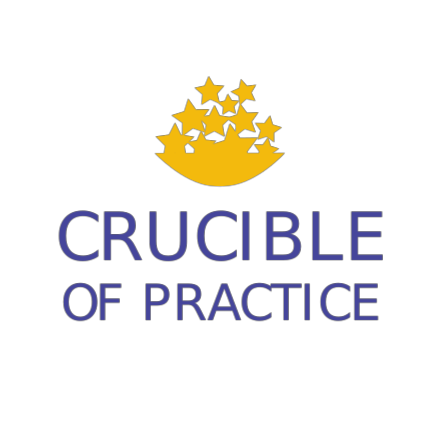
- This event has passed.
Get Delaware Reading’s Strategies for Early School Success

“Reading is the key to everything. I tell the students that if you read, the world is yours. Reading is going to give them the foundation to become adults that love to read, and that’s going to affect their family life, their job and everything in the future.” – Ken Livingston
This Crucible of Practice Salon featuring Ken Livingston with United Way of Delaware, and Lisa Blume and Jamie Williams from Nemours Children’s Reading BrightStart! program provided an overview of Get Delaware Reading, the strategies of Nemours Children’s Reading BrighStart! and how this program supports building early literacy skills for young children.
Livingston, Director of Get Delaware Reading, opened the session by providing background information about the focus of the local work and why it’s an important initiative for United Way of Delaware. He also shared how the organization is addressing education by ensuring that there are book-rich environments within their service area and there are direct supports to help instill a love of reading for students.
“We know that opportunity exists for some, but not for all. We believe too many children live in poverty, and too many families live in crisis. We fight to maximize community resources and improve quality of life. Get Delaware Reading addresses the issues of literacy where many children from identified ZIP codes are not reading proficiently when exiting third grade.” – Ken Livingston
Livingston then presented the needs that led Get Delaware Reading to partner with Nemours Children’s Health to implement Nemours Children’s Reading BrightStart! The sites where this program is implemented have demonstrated positive outcomes.
Williams with Nemours Children’s Reading BrightStart! provided a brief overview of the organization and why a health organization is interested in supporting literacy for children. In her overview of Nemours Children’s Health, Williams said the organization is dedicated to advocating for national policy and legislative change that benefit the overall well-being and health of children. Literacy is a social determinant of health, and therefore a priority for the organization.
“Research indicates that limited language skills and low literacy skills are associated with lower educational attainment and worse health outcomes. Limited literacy is a barrier to accessing health information and proper medications, and utilizing preventive services. Simply put, we can change the trajectory of a child’s health through literacy.” – Jamie Williams
Williams went on to share why a health organization has an interest in supporting early education for children.
“We can’t move the needle of literacy without giving children the building blocks of foundational literacy to set them up for lifelong reading success. As professionals in the health care setting, creating partnerships with local early education groups is critical in helping to build that foundation.” – Jamie Williams
Blume, also with Nemours Children’s Reading BrightStart!, described the strategies, curriculum and reading interventions used with young learners. Lessons are flexible, developmentally appropriate and designed to engage children using both books and manipulative tools. Videos were shared that demonstrate a few examples of lessons.
“We use a unique approach to learning that encourages every child to see it, hear it, do it and touch it. Using this multi-sensory approach to learning ensures that every child is engaging multiple sensory pathways when participating in each activity plan.” – Lisa Blume
Williams concluded the webinar with a walk through of the free resources available for families and caregivers on the website. These resources include a free preschool reading screener. Additionally, there are activities, book suggestions, and articles families and caregivers can use at home or in a community-based child care setting.
“Nemours has served over 260,000 children with our tools and services. Our goal is to continue to grow our literacy initiative not only within our health system, but outside of our walls to underserved communities.” – Jamie Williams
Panel
